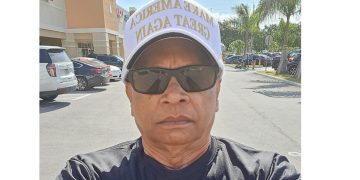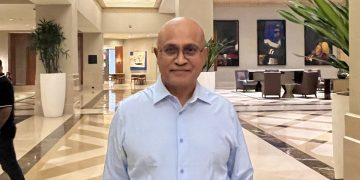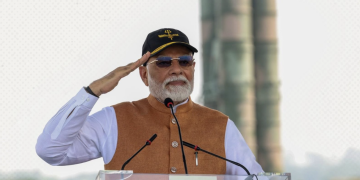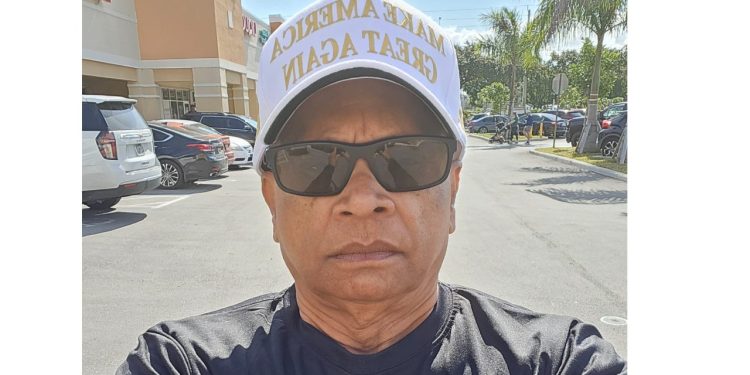Dear Editor,
It is interesting that the ASJA—and its Secretary, Rahimool Hosein—has expressed negative concerns about the visit of Prime Minister Narendra Modi of India to Trinidad, raising questions about his human rights record in relation to the following issues: the status of Kashmir, the 2002 Gujarat riots, the 2019 Citizenship Amendment Act (CAA), and his alleged reluctance to promote interfaith harmony, instead promoting what is viewed by some as the Hindutva ideology.
What amazes me is that the ASJA leadership in Trinidad has rarely aligned itself with concerns affecting the people of Trinidad—particularly the Indo-Trinidadian community—because their primary allegiance appears to be to the global Ummah, rather than to their country or ethnic roots. This is one reason why, in the 1956 elections, Muslim voters in Trinidad chose to vote based on religious identity, resulting in the political marginalization of the Indian population for nearly 50 years.
ASJA Muslims are guided more by the doctrines of Ummah and the Caliphate than by interfaith harmony, which often contradicts broader efforts toward religious unity. This is reflected in interpretations of religious texts, such as Hadith and certain Surahs (e.g., Surah 9:27 and Surah 5:33), which some interpret as discouraging coexistence with other faiths.
In contrast, the Hindutva ideology seeks to educate all Indians—including those who have converted to other religions—to respect and preserve their ancient Vedic heritage and civilization. It is not about adopting a new culture, but rather about sustaining Sanatan Dharma. Regarding Kashmir, it is argued that the Indian subcontinent historically belonged to one cultural and civilizational group, and that no group should have special privileges at the expense of national unity. India’s secularism should not come at the cost of erasing its Vedic roots. India is not a discovery nation and therefore do not subscribe to a discovery culture.
The 2019 Citizenship Amendment Act (CAA) was introduced to protect non-Muslim minorities living in Pakistan and Bangladesh, who face persecution, by providing them refuge in India—a fact that ASJA Secretary Rahimool Hosein fails to acknowledge.
Mr. Hosein should also address how Hindus are expected to respond to incidents such as the burning of over 200 passengers in a train, the forced exodus of Hindus from Kashmir, the targeted killing of Hindus in Pahalgam, the Taj Hotel attacks, and the 2008 Mumbai bombings that claimed many Indian lives.
Prime Minister Modi is restoring pride and respect among Indians worldwide. Even Arab nations have acknowledged and built ties with PM Modi. It would be wise for Mr. Hosein to reconsider his stance.
The UNC government should be congratulated for inviting Prime Minister Modi and exploring opportunities to benefit from India’s technological advancements—just as many African and other countries have done.
Sita Ram,
Vassan Ramracha




































































